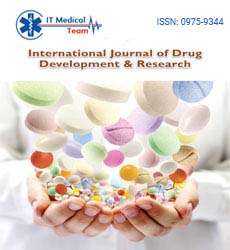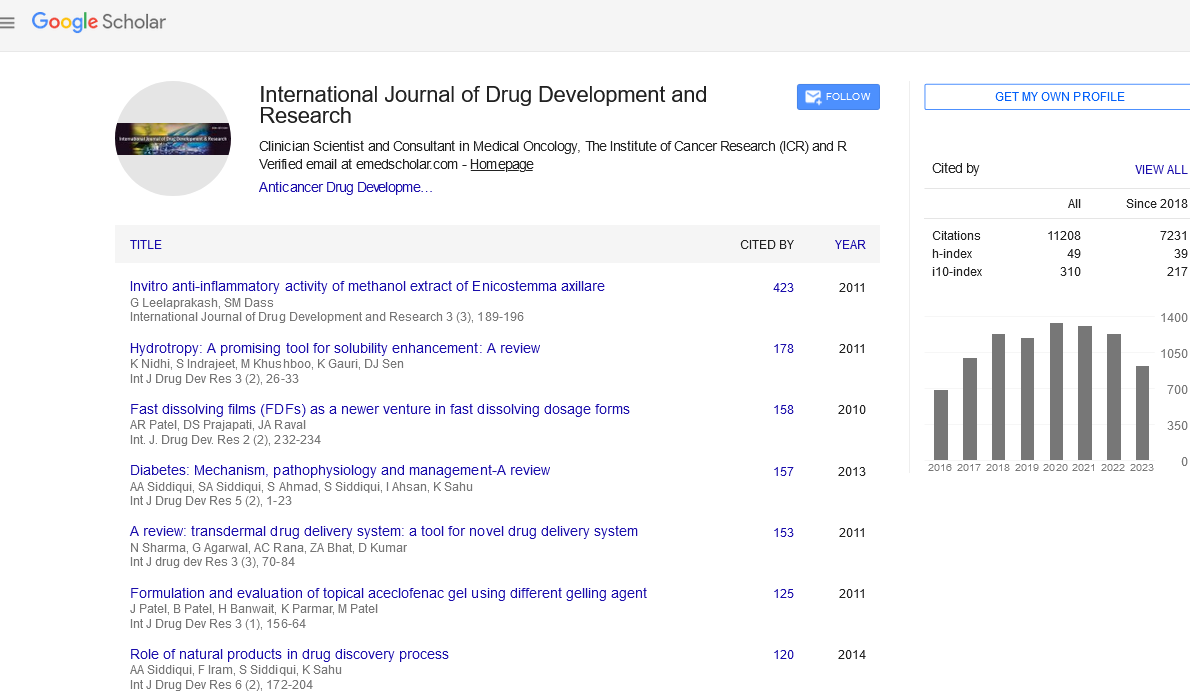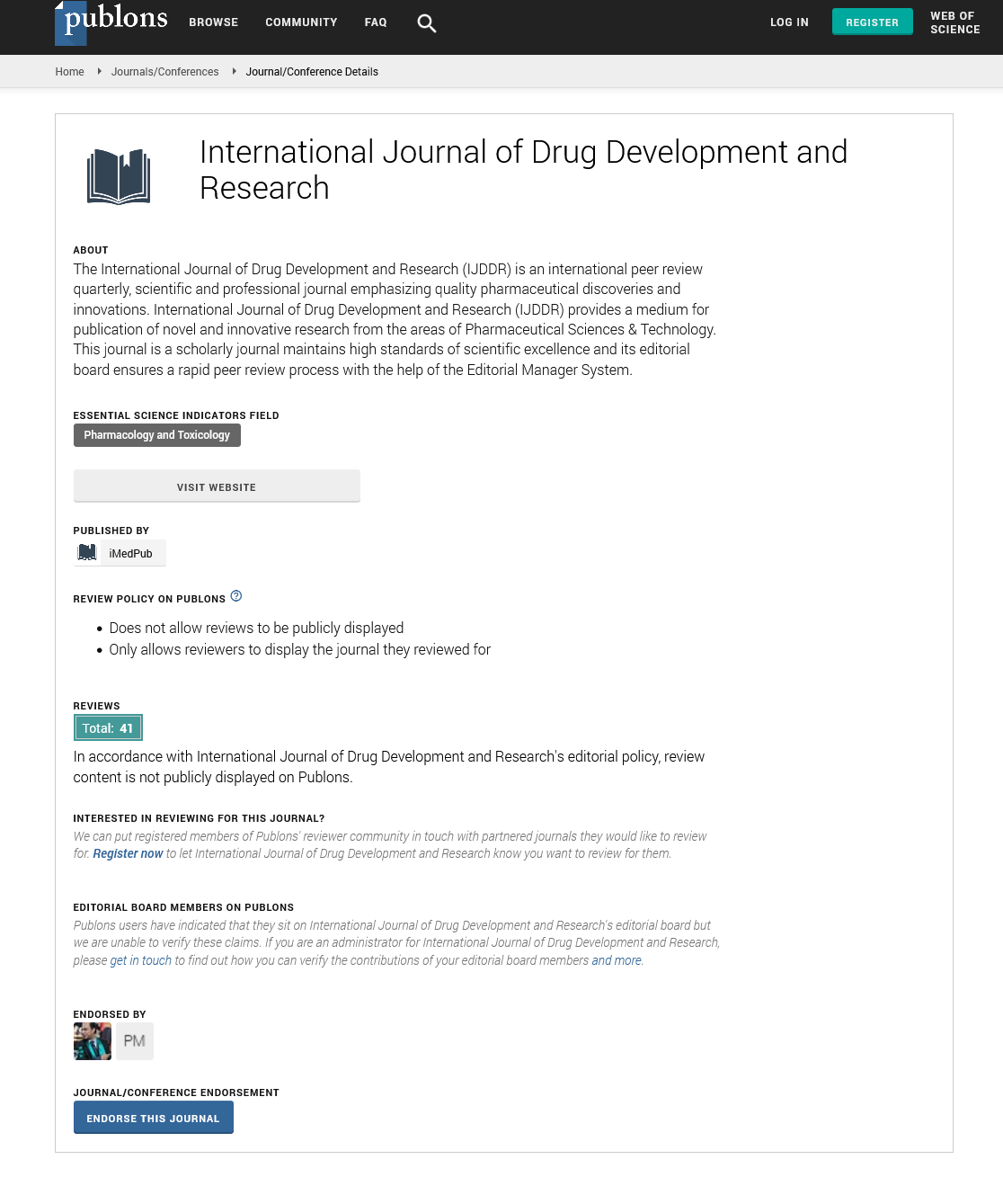| The term cognition (Latin: cognoscere, "to know", "to conceptualize" or "to recognize") refers to a faculty for the processing of information, applying knowledge, and changing preferences. Cognition, or cognitive processes, can be natural or artificial, conscious or unconscious [1] [2]. These processes are analyzed from different perspectives within different contexts, notably in the fields of linguistics, anesthesia, neurology, psychology, philosophy, anthropology, systemic and computer science. Within psychology or philosophy, the concept of cognition is closely related to abstract concepts such as mind, reasoning, perception, intelligence, learning, and many others that describe capabilities of the mind and In psychology and in artificial intelligence, cognition is used to refer to the mental functions, mental processes (thoughts) and states of intelligent entities (humans, human organizations, highly autonomous machines).[1][4-6]. In particular, the field focuses toward the study of specific mental processes such as comprehension, inference, decision-making, planning and learning. Recently, advanced cognitive research has been especially focused on the capacities of abstraction, generalization, concretization/specialization and meta-reasoning.[7] This involves such concepts as beliefs, knowledge, desires, preferences and intentions of intelligent individuals, objects, agents or systems. The concept of cognition is closely related to such abstract concepts as mind, reasoning, perception, intelligence, learning, and many others that describe numerous capabilities of the human mind and expected properties of artificial or synthetics intelligence.[8] The consistent neuropath logical occurrence associated with memory is a cholinergic deficit, which has been correlated with severity of AD.[9] The aim of this study was to compare the cognition activity of glucose and scopolamine on albino rats using digital zero maze apparatus. |








